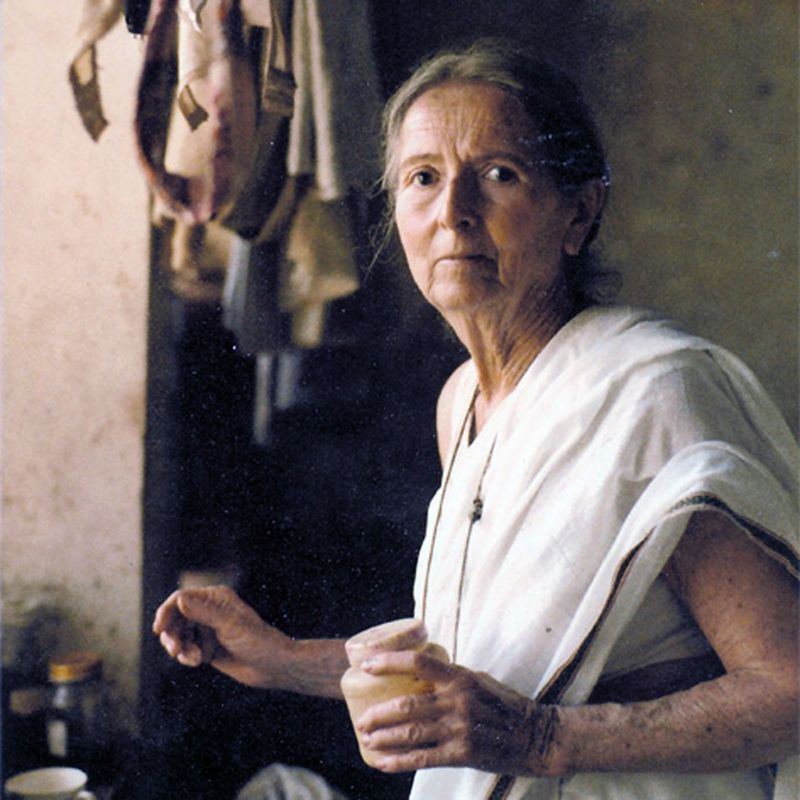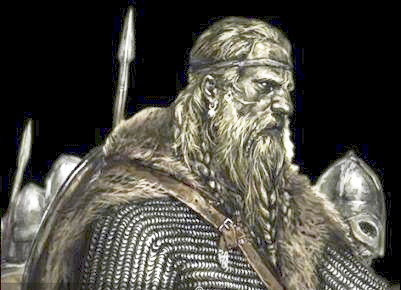 I mentioned above Adolf Hitler’s interest in modern technology—especially, and for good reason, war tec! This is not to say that the dangers of the mechanisation of life, and especially of excessive specialisation, escaped him. Even in this particular field of strategy where he, the former corporal, moved with an ease that even geniuses can hardly explain, he was sceptical of specialists and their inventions, and, in the final analysis, relied only on the supra-rational vision of the true leader without, of course, rejecting the use of any invention as it represented an effective means to victory.
I mentioned above Adolf Hitler’s interest in modern technology—especially, and for good reason, war tec! This is not to say that the dangers of the mechanisation of life, and especially of excessive specialisation, escaped him. Even in this particular field of strategy where he, the former corporal, moved with an ease that even geniuses can hardly explain, he was sceptical of specialists and their inventions, and, in the final analysis, relied only on the supra-rational vision of the true leader without, of course, rejecting the use of any invention as it represented an effective means to victory.
‘What is’, he said to Rauschning, ‘the invention that has so far been able to revolutionise the laws of warfare in a lasting way? Each invention is itself followed, almost immediately, by another which neutralises the effects of the previous one’. And he concluded that all this conferred ‘only a momentary superiority, and the decision to go to war always depends on men’ rather than on material, however important the latter may be.[1]
It was not, therefore, the technique itself that put him off. A universal spirit, he was at ease in this field as in so many others, and he recognised its place in modern combat. What irritated him to the point of revolt was the effect that technical training and the handling of precision equipment and statistical data can have, and almost always do have, on man, even the ‘well-trained’ one who specialises in them. It is the observation that they kill, in him, the flexibility of mind, the creative imagination, the initiative, the clear vision amid a labyrinth of unforeseen difficulties; the faculty of grasping, and of grasping in time—immediately, if possible—the relationship between a new situation and the effective action which must be taken to deal with it; in a word, the exact intuition: according to him, the superior form of the intelligence. ‘It is always outside of technical circles that one meets creative genius’, he said. [2]
And he advised his collaborators—and this all the more strongly as they occupied positions of greater responsibility—to take their decisions ‘by pure intuition’ relying ‘on their instinct’, never on bookish knowledge or on a routine which, in difficult cases, often lags behind the requirements of action. He advised them to ‘simplify the problems’ as he himself simplified them; to ‘make light of everything that is complicated and doctrinaire’.[3] And he kept saying that ‘technicians never have an instinct’, entangled as they are in their theories ‘like spiders in their webs’ and ‘incapable of weaving anything else’.[4] And Hermann Rauschning himself, whose malice towards him is obvious, is forced to agree that ‘this gift of simplification was the characteristic power that ensured Adolf Hitler’s superiority over those around him’.[5]
To prove it, it would be enough to reread, in Léon Degrelle’s Hitler for a Thousand Years, the luminous pages which relate to the French and Russian campaigns, in particular to the latter, about which so many people, and not even those whose job it is to fight wars, reproach the Führer for having stubbornly refused to listen to the technicians of strategy.
The great soldier who was the leader of the Waffen S.S. Wallon Legion brilliantly shows that Adolf Hitler’s refusal to be convinced by these famous specialists who, in the winter of 1941-1942, called for a withdrawal of one or two hundred kilometres, ‘saved the army’ because ‘a general retreat through these endless white and devouring deserts would have been a suicide’.[6] ‘Against his generals, Hitler was right’, he insists, and not only during the seven months of the dreadful Russian winter of 1941-42, but also in January 1943, when he insisted that von Paulus, surrounded at Stalingrad, should try, as best he could, to throw himself towards the armoured troops of General Hoth, under Field Marshal von Manstein, whom he had sent to his rescue and who were only a few kilometres away.
According to Degrelle, von Paulus ‘could have saved his men in forty-eight hours’[7] but ‘a theoretician incapable of working in the field confused by his meticulous mania for paper-based groupings’[8] didn’t do so preferring to capitulate, even though ‘salvation was under his nose, forty-eight kilometres away’.[9] He didn’t do it because, in him, a meticulous study had taken the place of instinct; because he lacked the gift of simplifying problems and of going intuitively to the essential. It was undoubtedly his nature. But these deficiencies must have been singularly reinforced by the fact that ‘almost all his life von Paulus had spent it among the bureaucracy of the general staff’[10] in front of his maps, within the narrow confines of his speciality.
Of course, specialists are needed—in their place. Unfortunately, in certain exceptional circumstances, one is sometimes forced to call on them outside the realm of their routine, and ask them for more than they can give.
And the more life, in all its aspects, becomes mechanised thanks to the applications of science, the more there are and the more there will be from the top to the bottom of the social scale specialised technicians. And fewer and fewer of them will be those who, while having in their particular capacity the maximum of knowledge, will be able to dominate it retaining the vision and inspiration and the invaluable qualities of character, which make the superior man.
The Third Reich had such men: ‘modern’ men in material terms (military or civilian); on the other hand, equal to the greatest figures of the past, like a Guderian, a Skorzeny; a Hans-Ulrich Rudel, a Hanna Reitsch or a Doctor Todt: people strong enough to think and act big while using the machines of our time and subjecting themselves to the precise manipulations they require; the Western counterpart of those Japanese warriors of the same Second World War who combined the intelligent handling of the most modern weapons with fidelity to the code of bushido and, more often than one thinks, the practice of some immemorial spiritual discipline.
The Führer would have liked the best of his Germans to become, more or less, these new ‘masters of fire’ capable of dominating our end of the cycle where technology is, with all its drawbacks, essential to whoever wants to survive in an overpopulated world. He knew that this role could and will only ever be played by a minority. And it is this minority, tested in combat, which was to constitute the warrior aristocracy of the new world: a world against the tide of universal decadence which he dreamed of building and in which, moreover, ‘after victory’ (once the urgency of total war had disappeared) the mechanisation of life would gradually cease and in which the traditional spirit, in the esoteric sense of the word, would take root more and more.
____________
[1] Rauschning, Hitler m’a dit (op. cit.), page 21.
[2] Ibid, page 22.
[3] Ibid, page 209.
[4] Ibid, page 210.
[5] Ibid.
[6] Léon Degrelle, Hitler pour 1000 ans, published by Editions de la Table Ronde in 1969, page 129.
[7] Ibid., page 130.
[8] Ibid., page 174-175.
[10] Ibid., page 170.
